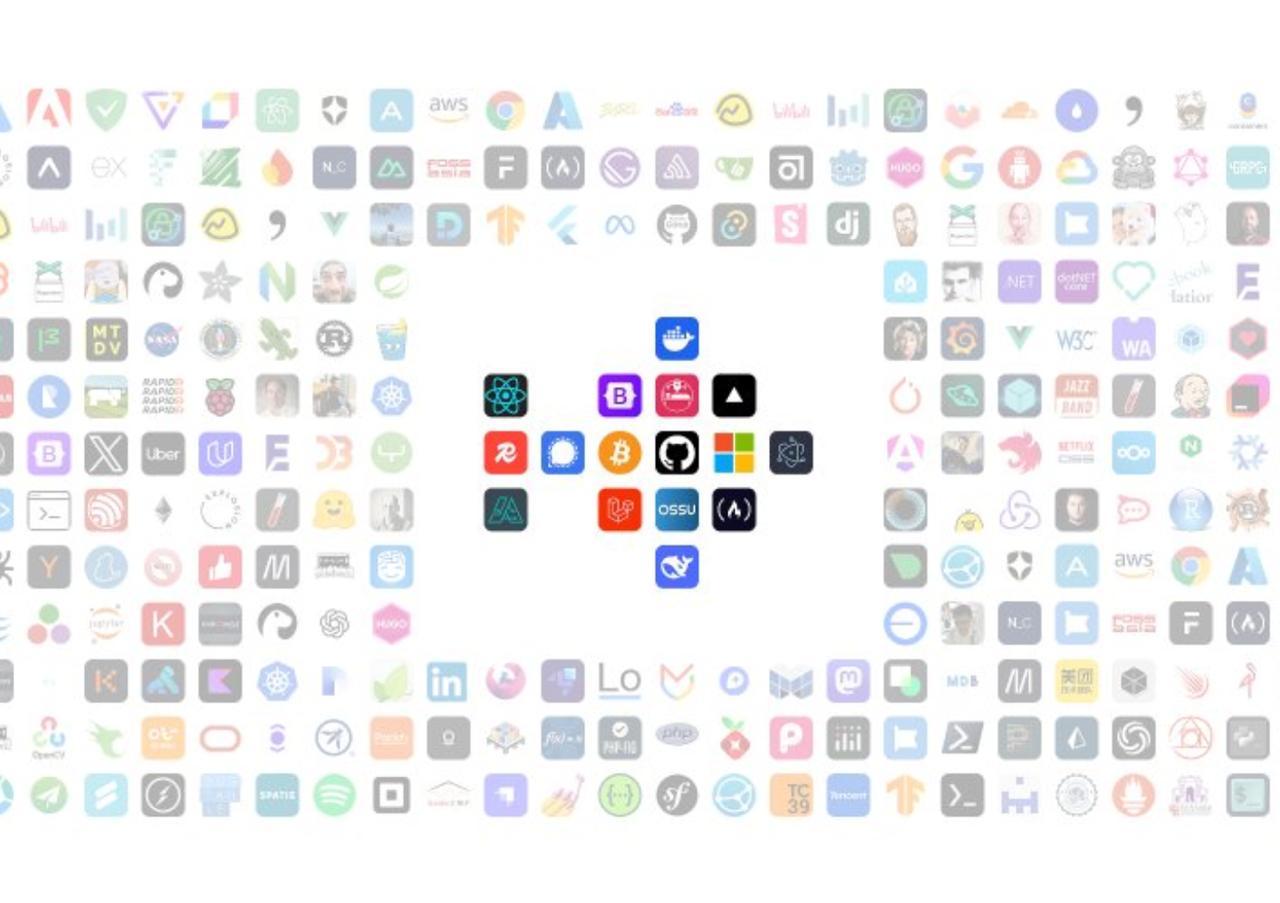
A Lesson in Tokenization: GitFish’s $LINUX Buyback
GitFish, the protocol for tokenizing open-source software, once launched the $LINUX token. The project generated some buzz, but there was a catch: the token was issued by the GitFish team itself rather than the actual repository owner, which meant it didn’t have real community backing.
The team announced that it has learned its lesson and will no longer launch tokens on its own. From now on, only repository owners will be able to issue tokens.
What’s more, GitFish is pulling back the $LINUX token and buying it back from holders.
This sounds fair, noble, and even a bit unusual in today’s token launch scene. It makes you want to believe in GitFish and keep an eye on the refreshed platform, doesn’t it?
But let’s think about it: would you tokenize your software on a platform that started off by tokenizing Linux without asking the community? Especially when there’s no shortage of tokenization platforms out there!
And let’s not forget: buybacks and redemptions of unsupported tokens aren’t exactly rare.
- Remember when the authorities ordered Paxos to stop issuing Binance USD? Paxos complied and offered redemptions on its website.
- Something similar happened when Tether stopped minting USDT on Bitcoin’s OMNI Layer, and when Circle ended USDC issuance on Tron.
- Or when crypto projects migrate to their own networks - old tokens are typically redeemable with the issuer, even if not for exactly the same asset.
However, when support for a token is discontinued, there’s usually a deadline. At rabbit.io, we see requests from clients who, knowing our huge selection of nearly 10,000 cryptocurrencies, want to exchange some unsupported token.
But if that deadline is missed, there’s no liquidity left for an unsupported token. So, if you’re holding $LINUX, don’t wait around - act on that redemption offer while it’s still available.













